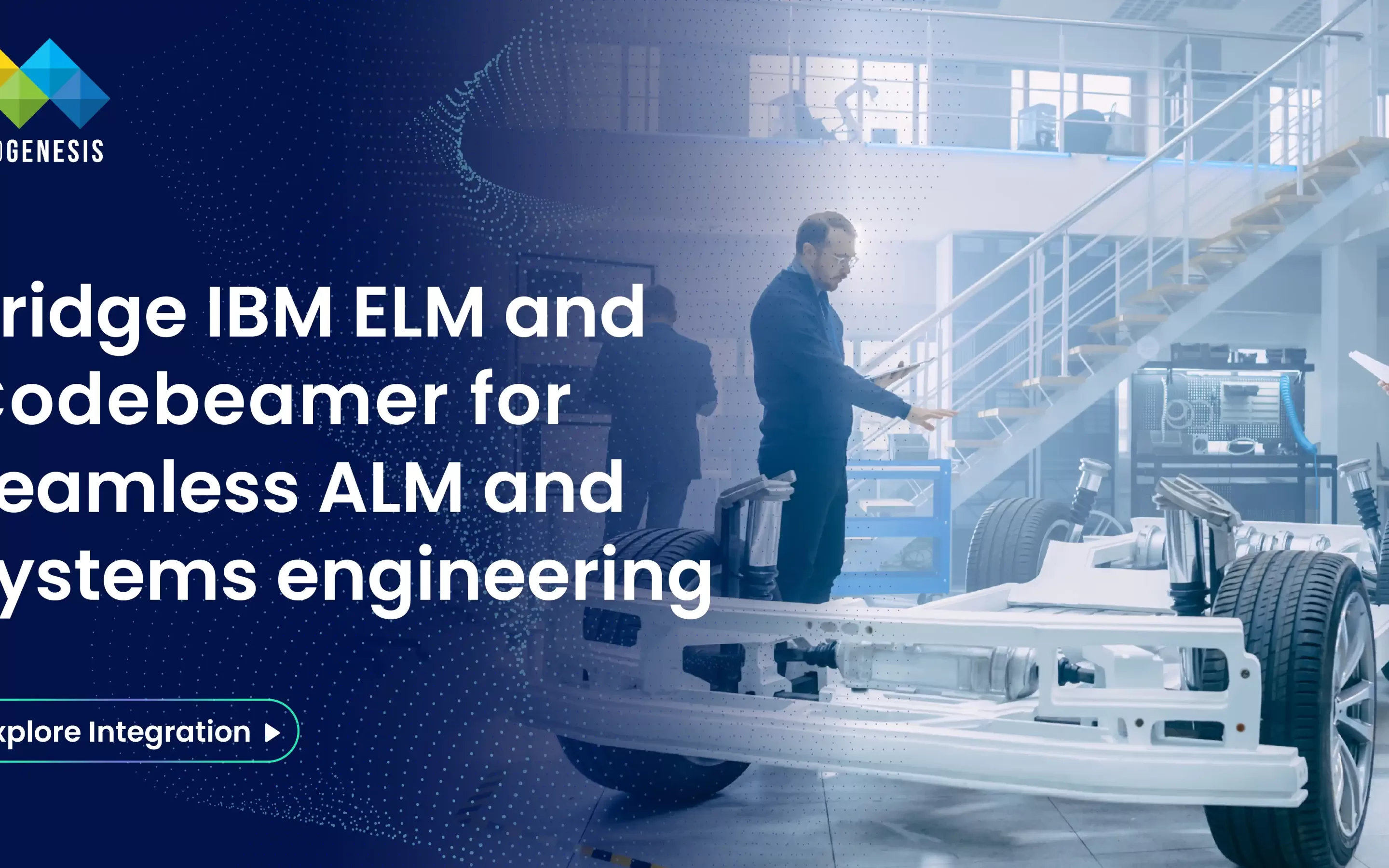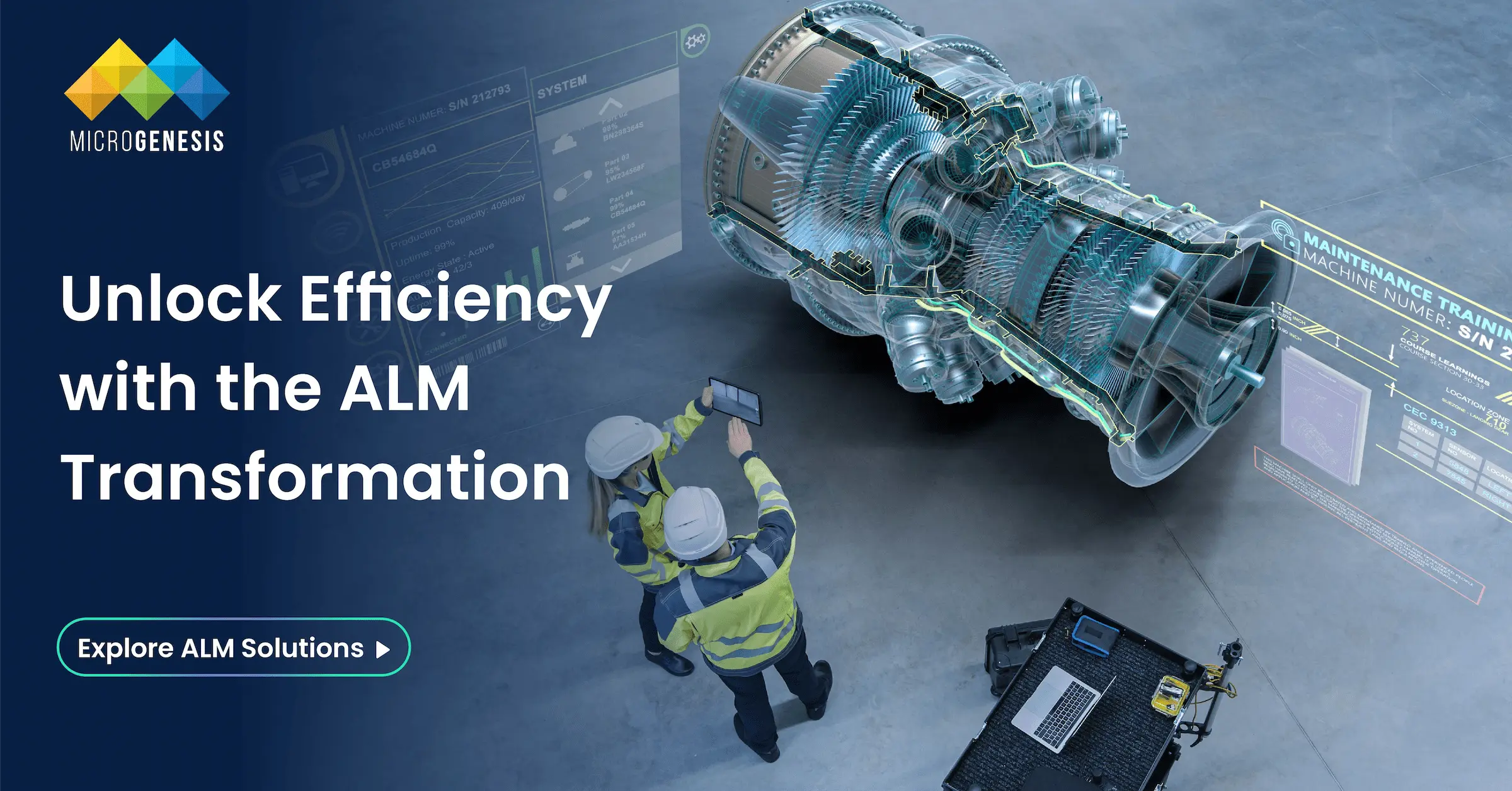For MedTech Product Managers, Healthcare IT Leaders, and Regulatory Pioneers: The pressure is immense. Software engineering in regulated healthcare (MedTech, digital health, and health IT) is all about delivering life-saving software in record time. It is all...
Our Blogs
All
Solution
Technology
Services
Application Lifecycle Management(ALM)
DevOps
Enterprise Information Management
Robotic Process
Automation
Digital Twin for Automotive: Beyond Simulation to Real-Time Engineering Insight
The Paradigm Shift That's Redefining Automotive Excellence Picture this: One fine night at Tesla, an anomaly was detected in the regenerative braking pattern across hundreds of vehicles. The company's digital twin system was able to detect it, and within six...
Beyond Compliance: The Future of Software Engineering in Regulated Healthcare and the Role of AI-Driven ALM
For MedTech Product Managers, Healthcare IT Leaders, and Regulatory Pioneers: The pressure is immense. Software engineering in regulated healthcare (MedTech, digital health, and health IT) is all about delivering life-saving software in record time. It is all...
What Is OSLC? A Guide to Open Services for ALM Integration
In the modern software development ecosystem, integration is no longer a luxury—it’s a necessity. As organizations increasingly rely on diverse tools across the Application Lifecycle Management (ALM) spectrum, the ability for these tools to work together seamlessly is...
What is IBM ELM and PTC Codebeamer Integration? Benefits for ALM and Systems Engineering
The Shift Towards Integrated ALM Ecosystems In today’s complex engineering and product development environments, software and hardware teams rarely work on a single platform. Large enterprises, especially in regulated industries like automotive, aerospace, and...
The Best ALM Software for Safety-Critical Industries
In today's fast-evolving technology landscape, safety-critical industries such as automotive, aerospace, healthcare, and energy face immense challenges in ensuring product reliability, compliance, and security. These industries require robust Application Lifecycle...
How to Transition from Traditional Development to ALM
The transition from traditional software development to Application Lifecycle Management (ALM) represents a significant shift in managing software projects. ALM is an integrated, end-to-end approach to application development that covers all stages of the software...
System Modeling: The Key to Validating Requirements and Building Embedded Systems
In today’s complex technological environment, developing embedded systems requires robust methodologies to ensure that the final product not only meets the defined requirements but also performs efficiently and reliably. System modeling has emerged as a critical...
How Requirements Engineering Shapes Successful System and Software Projects
In the complex world of system and software development, the success or failure of a project can often hinge on a single aspect: requirements engineering. Without a clear understanding of what is needed and how to achieve it, even the most skilled development teams...
Ensuring Quality Assurance in Software Engineering: Best Practices
In software engineering, Quality Assurance (QA) is critical to ensuring that a product functions as intended, meets user expectations, and operates reliably in real-world environments. Without robust QA practices, software can become riddled with bugs, security...









